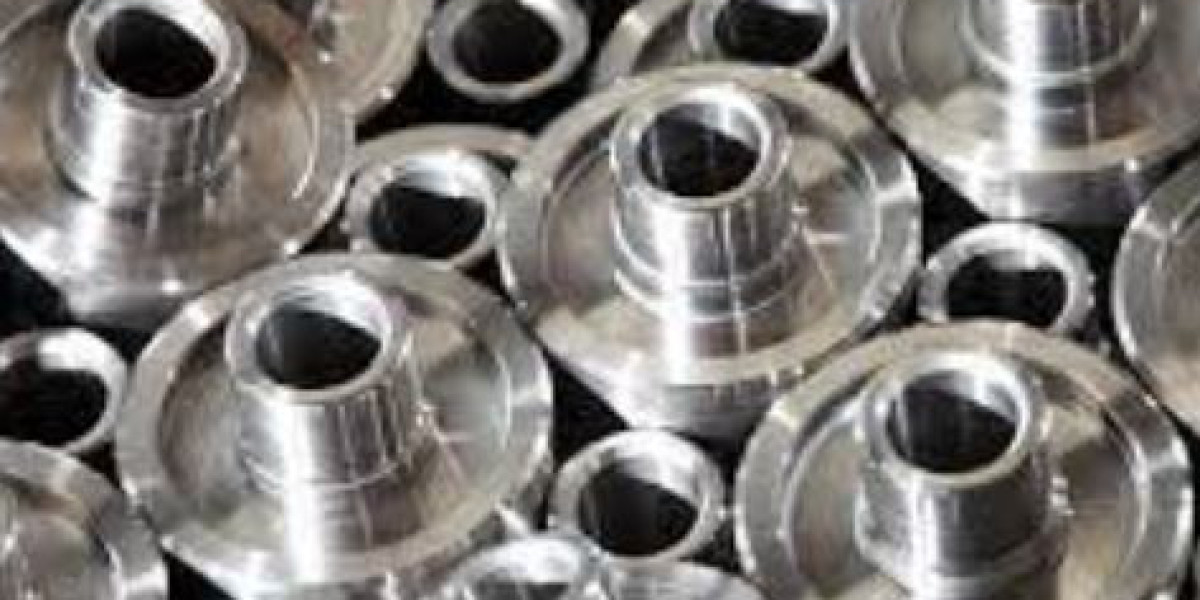Steel casting is a widely utilized manufacturing process that offers unparalleled precision and strength in producing complex metal components. By melting and pouring molten steel into custom-designed molds, manufacturers can create intricate shapes and structures that meet the rigorous demands of various industries. In this blog post, we will explore the significance of steel casting and highlight its key advantages in the realm of manufacturing.
The Art of Steel Casting: Steel casting involves the meticulous process of pouring molten steel into a mold to create desired shapes and structures. This technique allows for the production of intricate components with exceptional accuracy and strength. Here are the notable benefits of steel casting:
Strength and Durability: Steel is renowned for its remarkable strength and durability. Steel castings possess excellent mechanical properties, including high tensile strength, impact resistance, and load-bearing capabilities. These attributes make steel castings ideal for applications requiring robust and reliable components that can withstand demanding environments.
Versatility in Design: Steel casting offers unparalleled versatility in design. The ability to create complex and intricate shapes, including undercuts, thin walls, and internal features, enables manufacturers to meet the specific requirements of diverse industries. This versatility is particularly advantageous in industries such as automotive, aerospace, energy, and construction, where intricate components are crucial for optimal performance.
Precision and Accuracy: Steel casting enables manufacturers to achieve exceptional precision and accuracy in producing components. The use of advanced molds and precise manufacturing techniques ensures that intricate details and dimensional specifications are faithfully replicated in the final product. This precision is vital for components that require tight tolerances, such as engine parts, turbine blades, and industrial machinery.
Material Flexibility: Steel casting allows for the utilization of various steel alloys, including carbon steel, stainless steel, and alloy steel. This flexibility enables manufacturers to select the most suitable steel grade based on the desired mechanical properties, corrosion resistance, heat resistance, or specific industry requirements. It ensures that components possess the optimal combination of strength and material characteristics.
Cost Efficiency: Steel casting offers cost advantages in terms of material utilization and production efficiency. The ability to create intricate shapes and structures in a single casting eliminates the need for costly secondary machining operations. Additionally, steel's durability and longevity contribute to reduced maintenance and replacement costs over the component's lifespan.
Conclusion: Steel casting is a powerful manufacturing process that combines precision, strength, and versatility. Its ability to create complex shapes, coupled with the exceptional mechanical properties of steel, makes it a preferred choice for a wide range of industries. By leveraging the advantages of steel casting, manufacturers can produce high-quality components that meet stringent performance requirements while optimizing production efficiency and cost-effectiveness.
From automotive and aerospace to energy and construction, steel casting plays a pivotal role in shaping the modern world by delivering reliable, durable, and intricate components that propel industries forward.


